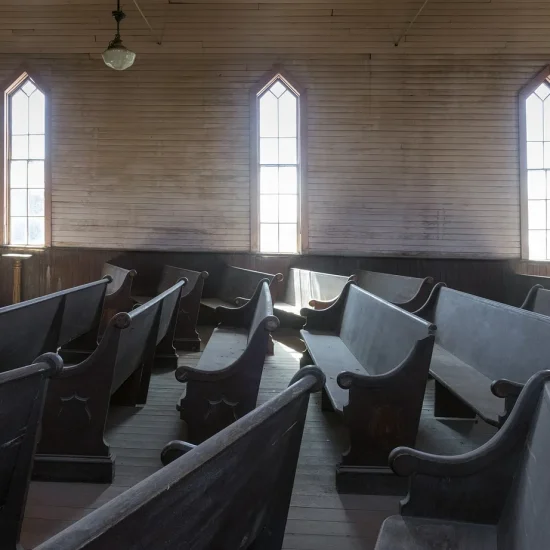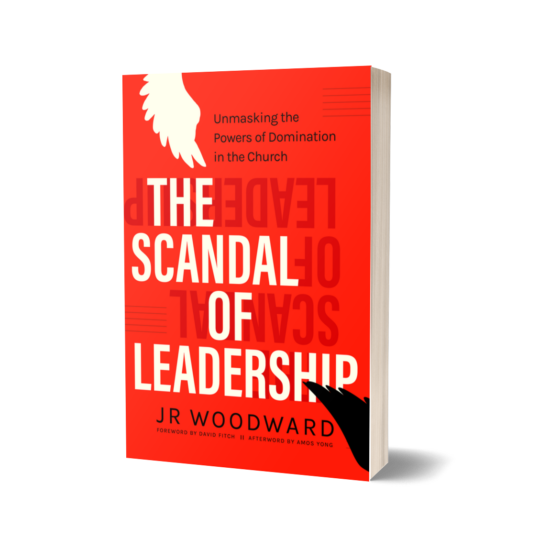
A few summers back I decided to remove the chain-link fence that defined the edges of my backyard. Two of my neighbors helped me take out the fence, sharing their tools and their time they even helped me find someone to haul away the old material for recycling. In its place, my family has spent the last few years developing a flower garden to attract butterflies, bees, and birds. We have about two dozen different perennial butterfly bushes including butterfly weed, coneflowers, black-eyed susans, various lilies and daisies, sunflowers, zinnias, goldenrod, Joe Pye weed, milkweed, peony, and aster. It is an ongoing project and every year we learn and add a little more hoping to fill the space with rich variety and color.

Greg Mamula
My neighbors appreciate our budding flower garden because they have a large vegetable garden filled with the best produce in the county. Our garden attracts pollinators that enrich their efforts. Together we make a good team. There is a grapevine that rests between my garden and my neighbors. This grapevine produces the best jelly-making grapes in the whole town. It is also a gathering place. It attracts people as efficiently as my flowers attract pollinators. Everyone in our neighborhood has put in time around this grapevine, spending hours on end sharing the stories of our lives and our life together. Some of the most important conversations in my life have taken place within a line of sight of that grapevine.
Standing in the shadow of the grapevine has taught me the value of listening well to my neighbors and my community. To be perfectly honest, I am not always great at listening well, but it is a skill I am intentional about developing. It is a skill the church and her people will also need to strengthen if we hope to engage in mission and ministry well.
This article is the second part of a series on the future of the church in which I share six observations I think we need to focus on to be the faithful presence of Jesus over the next decade:
- Allow the full narrative of scripture to shape your holy imagination
- Learn to listen and respond well to your community
- Build more and better networks
- Recognize the gifts and talents of all people
- Invite people from isolation to inclusion
- Develop multiple revenue streams
Feel free to share with me your observations of what you see coming and where you feel the Spirit is leading.
Today we are going to focus on listening and responding well to your community.
Learn to listen and respond well to your community.
Shema is a great word! It means to hear or listen. It is the first word to the Shema prayer in Deuteronomy 6.4-9. Jesus said it is the greatest commandment. “‘Hear O Israel: The Lord our God, the Lord is one. Love the Lord your God with all your heart and with all your soul and with all your strength.’ The second is this: ‘Love your neighbor as yourself.’ There is no commandment greater than these.’” (Mark 12:29-31). The root of loving God and loving others is our ability to listen well. Listen of course in this context is not about sound waves that send signals to your brain. It means to focus or pay attention in such a way that you respond in love.

Jaee Kim / Unsplash
One of the most valuable things you can do for another human is to listen to them. If we believe God listens to our prayers and desires an interactive relationship with us, then we must believe this is true for others as well. We must listen to others as God would listen to them. It is in listening we learn limits. We must pay attention to their story and not insert our own by interrupting them. We must respect that their story is different from our own, yet trust God is still active within it.
Of equal value to the stories of people is the ability to listen to your community context. The systems, governance, culture, geography, and dozens of other contextual issues tell the story of your community. There are so many quality books, podcasts, YouTube channels, webinars, and other mediums available to learn the foundational skills necessary to listen to your community, to not avail yourself of them is a failure in missional praxis. Popular listening basics include things like going for walks in your neighborhood and asking, “What is God doing here?” Observe the needs of your co-workers and ask how you and your church might respond lovingly. Invest less time on national news and more time in your local news. What does your city, town, or neighborhood think is newsworthy and how can you or your local church be an answer to the prayers of your neighbors? Review basic social and demographic information from resources like Barna, PRRI, Gallup, or your denomination. What does this data tell you about your community and what would a local contextual Christian response look like?
The most important part of listening well is to respond in love. What did you hear from your neighbor? How can you love them better because of their story? Do you need to simply sit with the story for a while before you act? Do you need to ask your neighbor, how can I love you better? What did you hear from your community? How can you love your neighborhood, town, county, or state better because of your listening?
The grapevine that borders my neighbor’s yard and mine is not a divisive property line, it is a gathering spot for listening and loving. It is the place where I have learned to listen to others better. It is where I learned how difficult it is for my Latino neighbors to get a quality high-paying job and where I learned to lovingly advocate and vote for better hiring practices within my municipality. It is where I heard how ancestry DNA tests can undo family bonds and where I learned to lovingly form new family bonds. It is where I heard how religion has cut deep wounds in the hearts of others and how I learned to just sit quietly and lovingly follow the Spirit as it moves in its own time and way. It is where I heard I hurt a neighbor and how we lovingly restored our relationship over time.
Listening is a deep practice of the soul. When we truly listen well, we take our first steps at loving God and loving others. When we pay attention to the story of God in the lives of others and in our community, it will guide us into a deeper relationship with God and our neighbors. True listening will not, and cannot, allow us to ignore what we have heard.
The church of the next decade must learn to listen well and respond in love.
Rev. Dr. Greg Mamula is the Associate Executive Minister for the American Baptist Churches of Nebraska, and a contributing writer for Word&Way. He is the author of Table Life: An Invitation to Everyday Discipleship, published by Judson Press in print and e-reader versions from online distributors including Amazon. To learn more information visit www.table-life.org.






